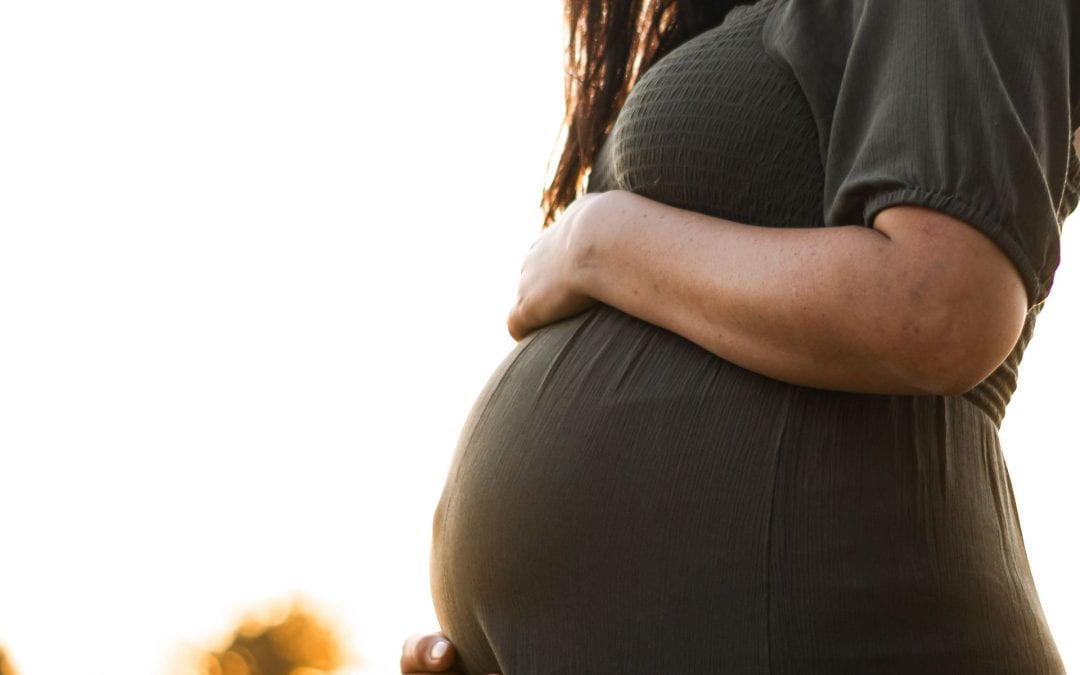New kaupapa Māori research funded by A Better Start: E Tipu e Rea National Science Challenge aims to address inequities in maternal health services for Māori by using Māori knowledge and tikanga to empower Māori families.
Dr Waikaremoana Waitoki from the University of Waikato is co-leading the research project titled Raranga, raranga taku takapau: hapū ora for tamariki, which has received nearly $1 million in funding over two years from A Better Start. Other contributing organisations include Te Whare Wānanga o Awanui-a-Rangi, Te Rau Ora, Massey University and the Eastern Institute of Technology.
The project will have four collaborating sites and three-interlinked projects, and is designed to provide research that works alongside site initiatives driven and led by whānau, hapū, iwi and community providers.
Dr Waitoki says Māori communities, particularly rural ones, are currently underserved and overlooked in maternal health services and funding initiatives. Many mothers and families have limited choices in the care they receive and need, and the health system has not prioritised Māori worldviews in the type of services offered.
The research will take place across three sites in Auckland, Waikato and Bay of Plenty, and takes a co-design approach to understand how Māori communities support maternal wellbeing within a mātauranga Māori worldview. The project’s name, Raranga, raranga taku takapau: hapū ora for tamariki, comes from an ancient karakia used during the birth of Tūhuruhuru the son of Hineteiwaiwa (the atua of childbirth and te whare pora – the house of weaving).
Dr Waitoki says while the traditional medical model has a vital place in maternity care, it is well known that colonialisation and racism has led to inequitable health outcomes and disconnections from Māori knowledge of wellbeing and maternal care. These outcomes for Māori still play a big part in the maternity experience of Māori families.
“The services are just not available for Māori and many simply don’t turn up because the traditional model doesn’t make sense or fit with them, and that model has not served our people as well as it could do.”
“What these projects are attempting to do is move closer to our own Māori knowledge and Māori based approach, because we will engage more when Māori knowledge is incorporated into the model.”
The project co-leads are Dr Waitoki, Dr Cheryl Stephens, Te Pora Thompson-Evans and Dr Naomi Simmonds, who are responsible for research leadership in each of the four sites. The associate investigators are Professor Helen Moewaka Barnes, Dr Fiona Cram and Dr David Tipene-Leach. As kaupapa Māori Theme Leader for A Better Start: E Tipu E Rea, Professor Helen Moewaka-Barnes has oversight of the project and will provide support and connections to the wider Challenge.
The project has three project sites:
- Ngā Māmā o Ngāti Hauā – Wellbeing of mothers and whānau in Ngāti Hauā (Dr Kahu McClintock, Te Rau Ora)
- Ngā wai ora o Rāhui Pokeka: Creating communities for hapū ora in Huntly (Dr Waikaremoana Waitoki)
- Te Whare Pora: Wairua and wellbeing in hapū ora (Dr Naomi Simmonds, Te Awananuiarangi, Whakatane).
Project 1 is a community-based research collaboration with Te Rau Ora, a Māori workforce and development service in Hamilton, who will be working with Ngati Haua iwi health services to investigate the current use of maternity services in the Cambridge, Matamata and Morrinsville areas.
Project 2 is also a community and iwi based collaboration to design maternity wellbeing initiatives in Huntly, Rāhui Pokeka. Taking its name from the many lakes in Huntly, the project will work to co-design a wellbeing programme.
Project 3 is located in South Auckland and Te Whare Pora in Flaxmere, which is a hauora ‘clinic’ for pregnant women staffed by weavers, rather than health professionals.
Dr Waitoki says sites like Huntly currently had little access to good maternity services for Māori. There was no 24-hour medical centre and although it was only a 30-minute drive to Waikato Hospital, it had been overlooked.
“It’s about bringing Māori world view back to how we’re managing maternity services because when you bring that world view back it provides an underlying foundation, a connection back to our unique culture and a shared understanding and base to grow our families from,” she says.

